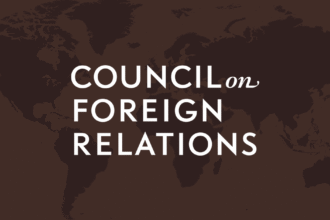What’s the story
Indian residents have been granted permission to open foreign currency accounts in GIFT City, under the Liberalised Remittance Scheme (LRS) presented by the Reserve Bank of India (RBI).
The LRS allows individuals to send up to $250,000 abroad annually.
Previously, LRS transfers were limited to investing in securities within International Financial Services Centres (IFSCs), excluding Indian firms, and paying education fees to foreign institutions within IFSCs.
RBI expands scope of LRS remittances
The RBI issued a notification on July 10, authorizing remittances for all permissible purposes under the LRS to IFSCs.
This includes availing financial services/products as per the International Financial Services Centres Authority Act, 2019 within IFSCs, and all current/capital account transactions in any other foreign jurisdiction via an FCA held in IFSCs.
The expanded scope now includes deposits, property purchases, equity/debt investments, gifts, donations, travel expenses, maintenance of relatives abroad, medical treatment costs, and studying abroad.
GIFT City officials welcome RBI’s decision
Naveen Mathur, Director of GIFT City, hailed the RBI’s decision as a positive development.
He stated that this change permits a broader range of uses for remittances through GIFT City IFSC accounts.
Tapan Ray, MD and Group CEO of GIFT City, said the move aligns GIFT IFSC with other global financial centers.
Narinder Wadhwa, Managing Director of SKI Capital Services, believes that by simplifying the process and enhancing the financial infrastructure, more foreign investments can be attracted to GIFT City.
Accounting to boost global financial participation
Viram Shah, Co-founder & CEO of Vested Finance, noted that by opening accounts in GIFT City, Indians can participate in global financial activities while keeping their funds within the Indian financial system.
He views this as a progressive measure toward achieving full convertibility of the Indian Rupee and establishing it as a truly global currency.
Experts predict a rise in investment via this route as citizens will have more flexibility in managing investment/financial activities.





















